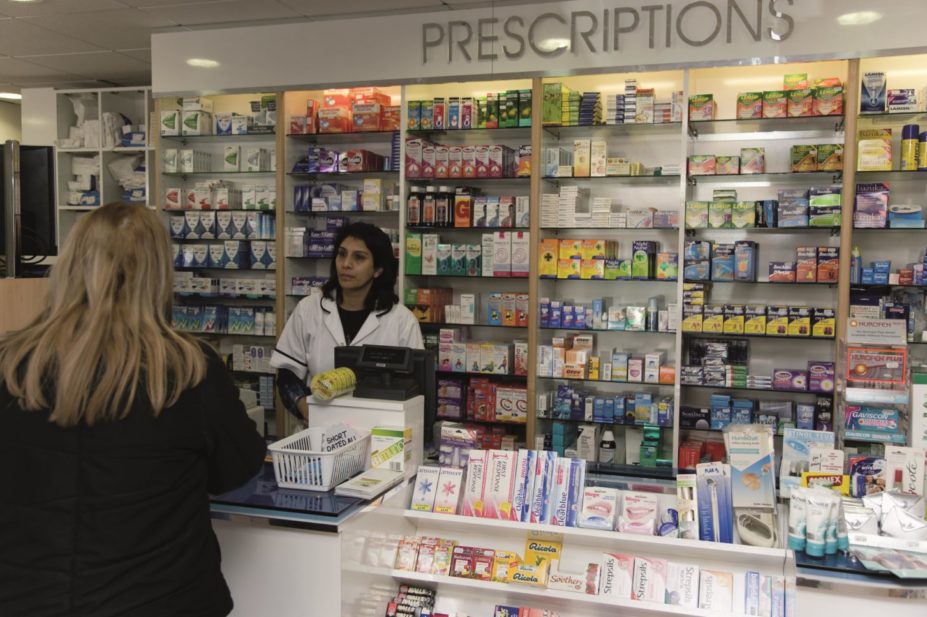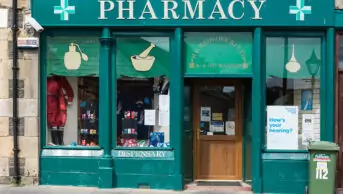
EYE UBIQUITOUS / REX FEATURES
Community pharmacies in England could lose out on £144m per month in early payments if the government decides to withdraw the Pharmacy Earlier Payments Scheme (PEPS), data obtained by The Pharmaceutical Journal has shown.
The scheme, which first launched in 2013, enables contractors to access their monthly payment for providing NHS pharmaceutical services up to 60 days earlier than it would otherwise be available.
But the future of the scheme has been “under consideration” by the Department of Health and Social Care (DHSC) since June 2021, when it was announced that the NHS was ending its contract with software supplier Taulia to provide the scheme.
Data obtained through a freedom of information request to NHS Business Services Authority (NHS BSA) reveals that 2,170 pharmacies were signed up to the scheme as of March 2021, with a total of £144,221,532 paid out to participating contractors that month.
The March 2021 payment was the first to be sent directly from NHS BSA, rather than from Greensill Capital, which financed the scheme from 2019 until its collapse during the same month. As a result of the collapse, the DHSC closed the scheme to new pharmacies.
The data also revealed significant growth in the number of pharmacies signed up to the scheme over the 2020/2021 financial year, from 1,606 in April 2020 to 2,170 in March 2021.
On average, throughout 2020/2021, each pharmacy claimed £63,452 in early payments per month.
Mike Dent, director of pharmacy funding at the Pharmaceutical Services Negotiating Committee (PSNC), said the PSNC “is concerned about DHSC’s intention to end the PEP Scheme and has raised this topic with them”.
“DHSC have committed to discussing this further with us and we will update contractors as soon as we can,” he said.
The scheme was called into question as part of the government’s inquiry into the collapse of Greensill Capital, with chancellor Rishi Sunak asked by MPs whether he would have signed off on the scheme in 2013.
In his response, Sunak said that the scheme “should not be something that is massively necessary in the public sector”.
“Our cost of borrowing is low and is going to be cheaper than the private sector, and we are a prompt payer,” he said. “That is where the Treasury’s scepticism towards these things would have come from, and that is based on a sound rationale.”
A spokesperson for the DHSC said: “We remain committed to supporting the pharmacy sector, which has played a vital role in the pandemic response and delivering our vaccination programme.
“In light of the administration of Greensill Capital, no new pharmacies will be added to the Pharmacy Earlier Payment Scheme. All pharmacy contractors already signed up to the scheme will continue to be paid.
“We have been making the monthly payments to scheme members since 1 March 2021 and will consider the future of the scheme in due course.”
This comes after the PSNC and government hammered out a deal whereby community pharmacy contractors in England could claim back a wider range of costs incurred during the COVID-19 pandemic; however, as part of the deal, contractors will still be required to repay the £370m advance payments received in 2020.
READ MORE: Pharmacy negotiators strike deal allowing contractors to claim for COVID-19 costs


